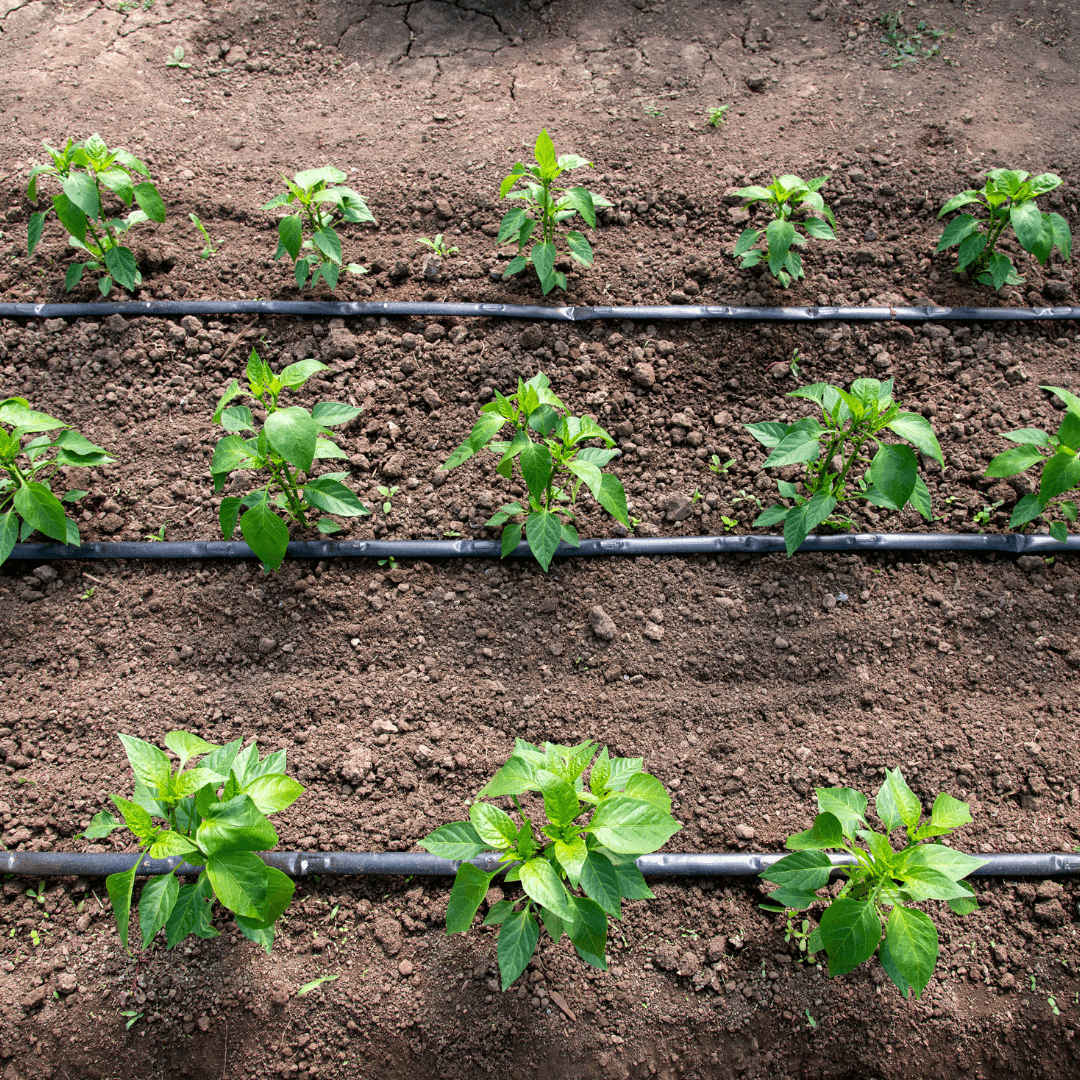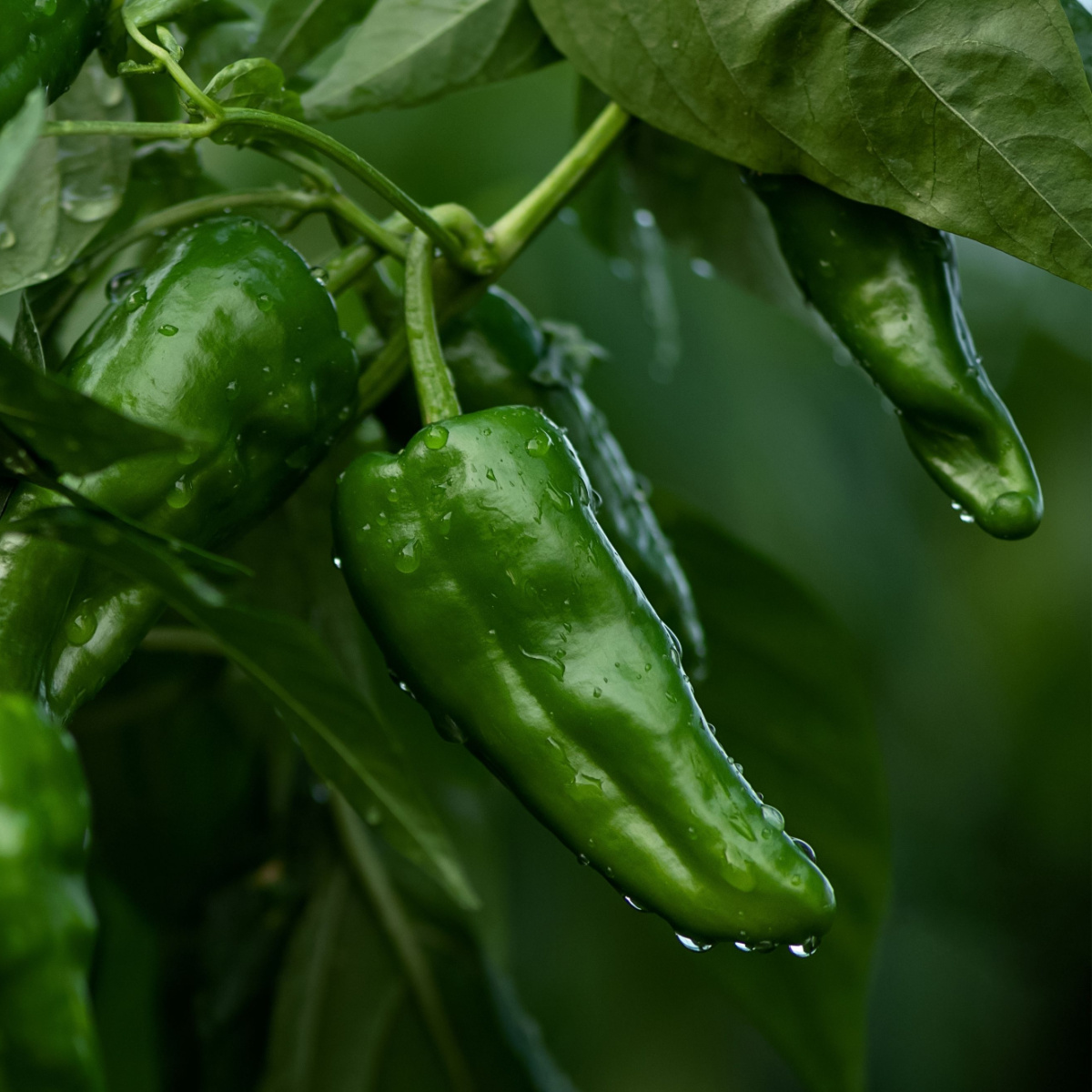Discover the Best Fertilizers for Peppers: Crucial Nutrients for Growing Plants
Discover the Best Fertilizers for Peppers: Crucial Nutrients for Growing Plants
Blog Article
How Fertilizers Play a Critical Duty in Growing Abundant and healthy Pepper Crops
Fertilizers work as the backbone of successful pepper cultivation, providing a critical approach to nourishing the soil and fostering optimal plant growth. The elaborate dance between necessary nutrients and the pepper plants' physical procedures emphasizes the crucial role that plant foods play in guaranteeing an abundant harvest. From fueling robust origin advancement to boosting illness resistance, the influence of plant foods is significant in the growing of productive and healthy and balanced pepper crops. Stay tuned to uncover the nuanced methods which fertilizers add to the flourishing of pepper plants and the lasting practices that underpin their effectiveness.
Relevance of Nutrient-Rich Plant Foods
The use of nutrient-rich fertilizers plays an essential duty in boosting the productivity and high quality of pepper crops in contemporary farming methods. Potassium, nitrogen, and phosphorus are primary nutrients that are vital for the growth and advancement of pepper plants.
Inadequate levels of these nutrients can cause stunted growth, reduced returns, and susceptibility to illness (best fertilizers for peppers). Nutrient-rich plant foods supply a targeted solution to ensure that pepper plants get the essential aspects for optimum growth and performance. Furthermore, these plant foods help improve soil fertility over time, creating a lasting environment for lasting pepper farming
Enhancing Plant Growth and Development
To optimize plant development and advancement in pepper plants, calculated application of nutrient-rich fertilizers is crucial. Fertilizers play a crucial function in boosting the general wellness and efficiency of pepper plants by giving them with vital nutrients that might be lacking in the soil.
Iron, for circumstances, is necessary for chlorophyll production, which is necessary for photosynthesis and total plant growth. Zinc plays an essential function in enzyme task and hormonal agent synthesis, influencing plant development and development at a cellular level.

Boosting Illness Resistance With Plant Foods
By tactically including targeted fertilizers, farmers can boost the disease resistance of pepper crops, making certain optimal plant health and wellness and productivity. Fertilizers consisting of essential nutrients like nitrogen, phosphorus, and potassium play a vital duty in strengthening pepper plants' immune systems, making them more durable to various conditions. Nitrogen, for example, aids in the manufacturing of healthy proteins that are vital for plant defense systems. Phosphorus adds to root growth, enabling plants to much better absorb nutrients and water, thus enhancing their capability to fend off conditions. Potassium regulates processes that enhance overall plant wellness, making peppers a lot more robust against virus.

Making Best Use Of Pepper Yield Via Fertilization
Utilizing a well balanced fertilization strategy is crucial to achieving maximum pepper return and ensuring optimum crop productivity. By providing peppers with the right nutrients at the correct time, farmers can dramatically improve their yield possibility. Potassium, phosphorus, and nitrogen are crucial aspects for pepper growth, with nitrogen assisting in fallen leave and stem advancement, phosphorus supporting origin development and flower development, and potassium promoting overall plant health and wellness.
To make best use of pepper yield, it is essential to perform dirt tests to determine existing vitamins and mineral degrees and determine any type of shortages that require to be attended to. Based on these results, farmers can create a customized fertilization strategy that satisfies the particular needs of their pepper crops. Additionally, proper fertilization methods such as split applications throughout the Website growing season can make certain continual nutrition accessibility for the plants.

Sustainable Plant Food Practices for Peppers
In considering sustainable helpful hints plant food practices for peppers, it is vital to focus on long-lasting soil wellness and environmental stewardship along with making the most of plant performance. Sustainable fertilizer methods intend to improve or maintain dirt fertility while decreasing unfavorable environmental effects. One crucial technique is using natural plant foods such as compost, manure, or cover crops, which not just offer vital nutrients to the peppers but likewise add to dirt framework and microbial activity. These natural options help build natural issue in the dirt, enhancing its capability to maintain water and nutrients, therefore sustaining lasting plant wellness and strength.
Additionally, accuracy agriculture techniques, such as dirt testing and targeted nutrient applications, can aid enhance fertilizer usage, making sure that peppers receive the nutrients they need without excess drainage into waterways. This not just profits the environment by lowering contamination but additionally saves prices for farmers by decreasing waste. By embracing sustainable plant food practices, pepper farmers can safeguard the health of their plants, soil, and bordering ecological communities for future generations.
Final Thought
Finally, plant foods are vital for cultivating healthy and balanced and abundant pepper crops. best fertilizers for peppers. They provide needed nutrients for plant development and advancement, increase illness resistance, and take full advantage of return. By anchor carrying out sustainable fertilizer techniques, farmers can guarantee the long-term wellness of their pepper crops and add to a much more reliable and environmentally-friendly farming system
The intricate dancing between important nutrients and the pepper plants' physical processes emphasizes the critical duty that plant foods play in guaranteeing a plentiful harvest.To optimize plant development and development in pepper plants, calculated application of nutrient-rich fertilizers is necessary. Fertilizers play a critical role in enhancing the general health and productivity of pepper plants by supplying them with important nutrients that might be doing not have in the soil.By strategically integrating targeted plant foods, farmers can bolster the illness resistance of pepper plants, making certain optimal plant health and wellness and performance. Fertilizers containing necessary nutrients like nitrogen, potassium, and phosphorus play a crucial role in enhancing pepper plants' immune systems, making them extra resilient to different conditions.
Report this page